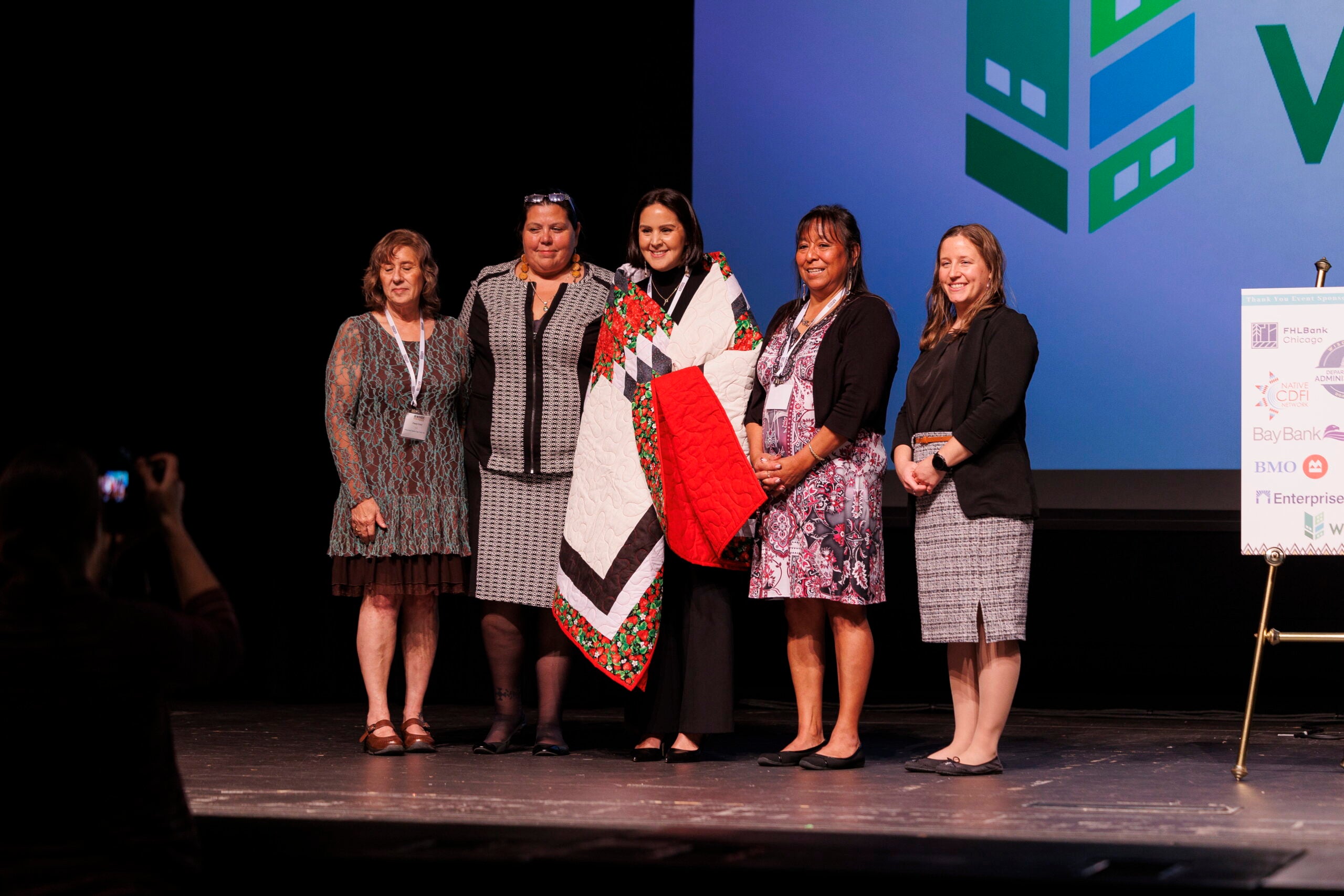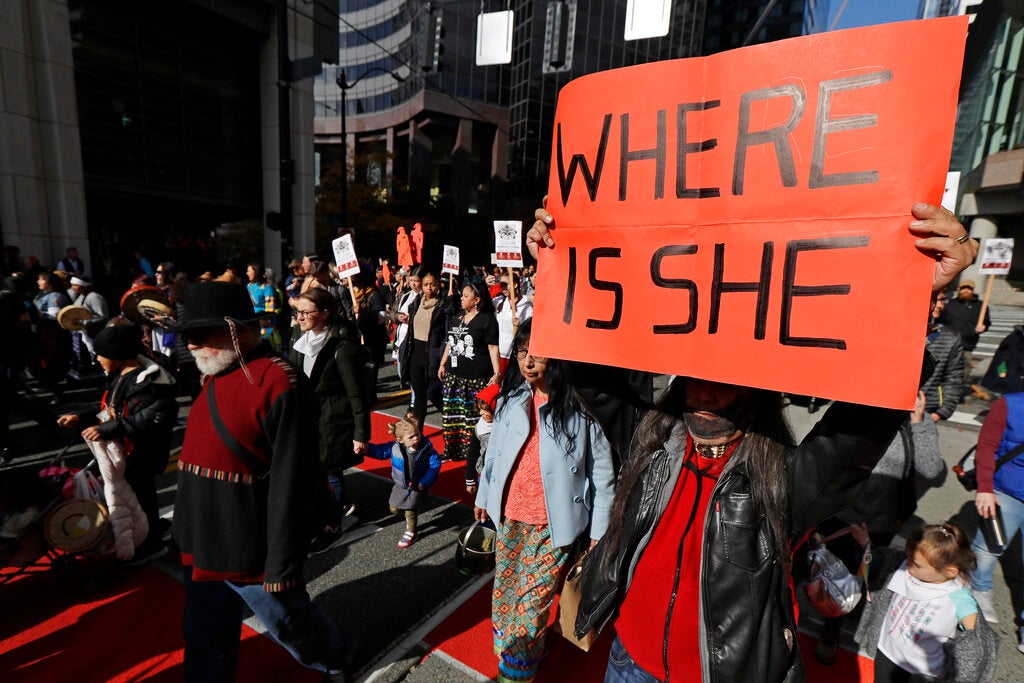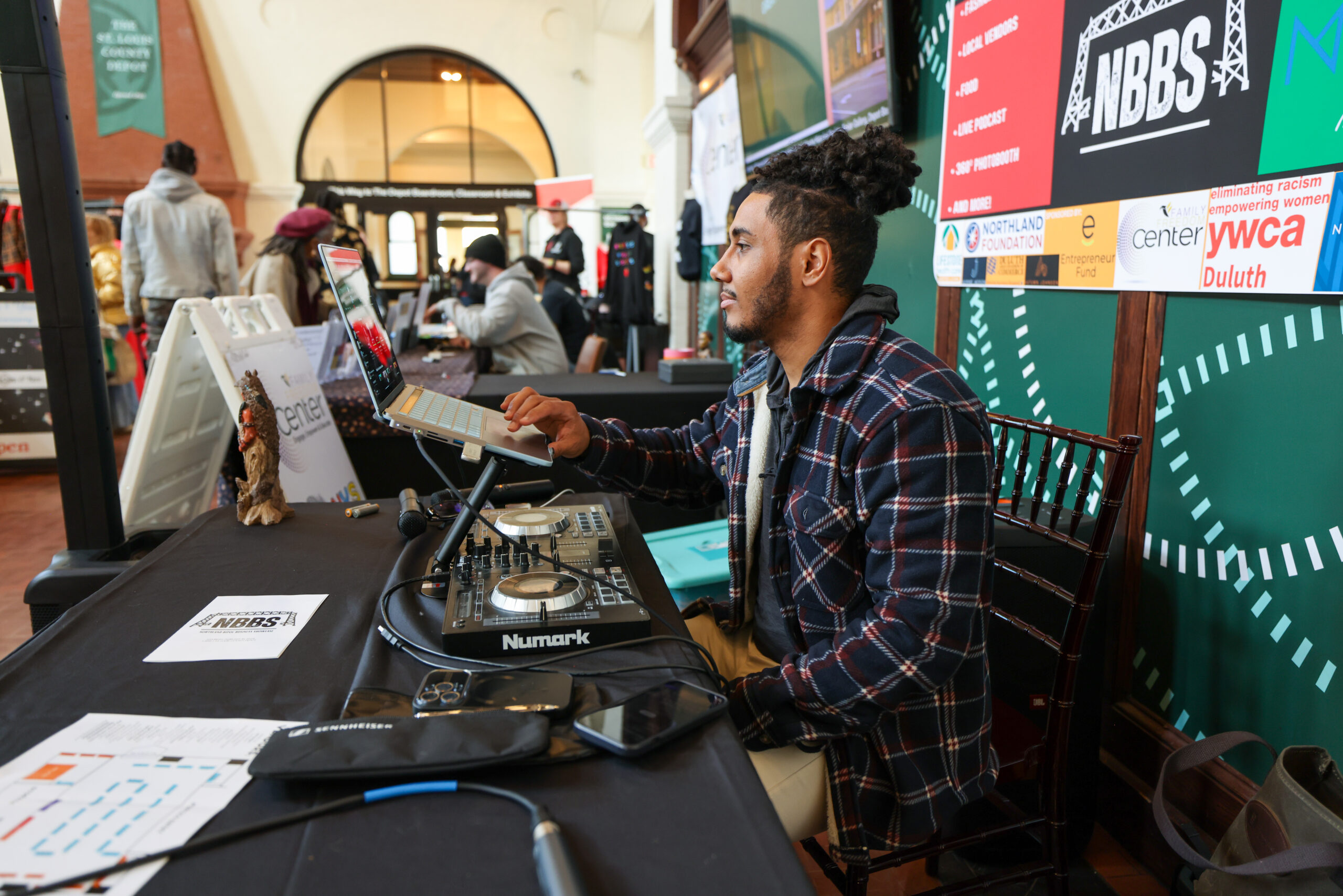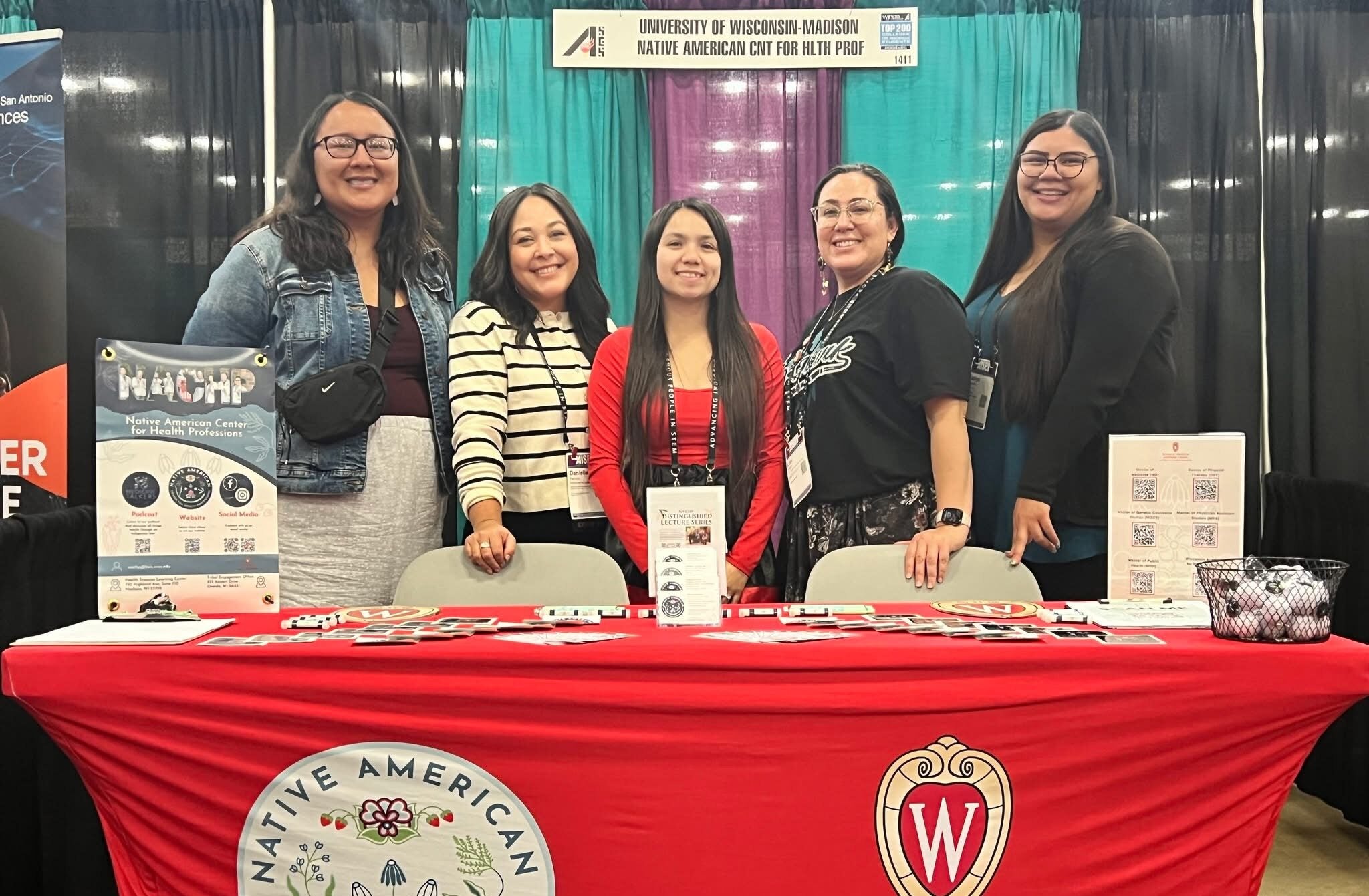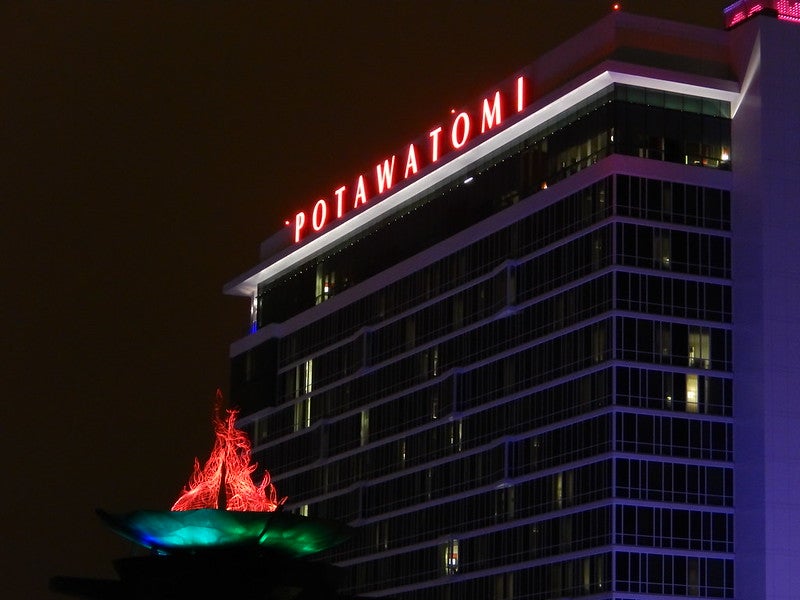Last week, a conference in northcentral Wisconsin brought together Indigenous entrepreneurs, tribal leaders and other industry professionals to discuss the state of economic development and housing in Wisconsin’s indigenous communities.
In Shawano County’s village of Bowler, the Wisconsin Indigenous Housing and Economic Development Corporation hosted its first-ever conference.
About 160 people attended the inaugural event, which the group’s CEO Fern Orie described in one word: “dynamite.”
Stay informed on the latest news
Sign up for WPR’s email newsletter.
Orie is a member of the Oneida Nation of Wisconsin and a business owner herself. Her organization aims to help expand Native economic development, which includes supporting Indigenous entrepreneurs and Native-owned businesses.
“We’re here as this holistic ecosystem to help our Native entrepreneurs flourish and provide opportunities for accessing capital for their business and for accessing technical assistance to help them grow and understand what it takes to run a business,” Orie told WPR’s “Wisconsin Today.”
At the two-day conference, the Indigenous economic development group revealed the results of a first-of-its-kind study that examined the economic impacts of Native-owned businesses in Wisconsin outside of the gaming industry.
“When we do hear about some of these impacts around Wisconsin Indian Country, a lot of it has to do with the gaming dollars,” Orie said. “We wanted to do a deep dive of our Native entrepreneurs and all of the non-gaming enterprises within the tribes, and showcase the landscape out there.”
The study surveyed 177 non-gaming businesses that represented 64 unique industries. Combined, those businesses produced $776.8 million in economic output and contributed more than 45,000 jobs to Wisconsin’s economy in 2023.
The conference sought to expand this economic impact. It included breakout sessions that provided information meant to help both new and established entrepreneurs with business development, as well as an elevator pitch contest where participants could present their business ideas to the conference. Prizes of $1,000 were awarded to three new and three established entrepreneurs with the best pitches.
The conference also featured informational sessions and panels on how tribes and Indigenous entrepreneurs can take advantage of economic opportunities in growing industries like clean energy and cannabis, which Orie called the “green rush.”
Another panel outlined ways to help address housing shortages in Native communities. The Indigenous economic development group is leading a new such effort, called the Wisconsin Native Homeownership Coalition.
“We need housing to be affordable. We also need our tribal people to be able to have opportunities to become Native developers, Native real estate agents, Native home inspectors, Native carpenters,” Orie said. “Right now, we’re in the formative stages.”
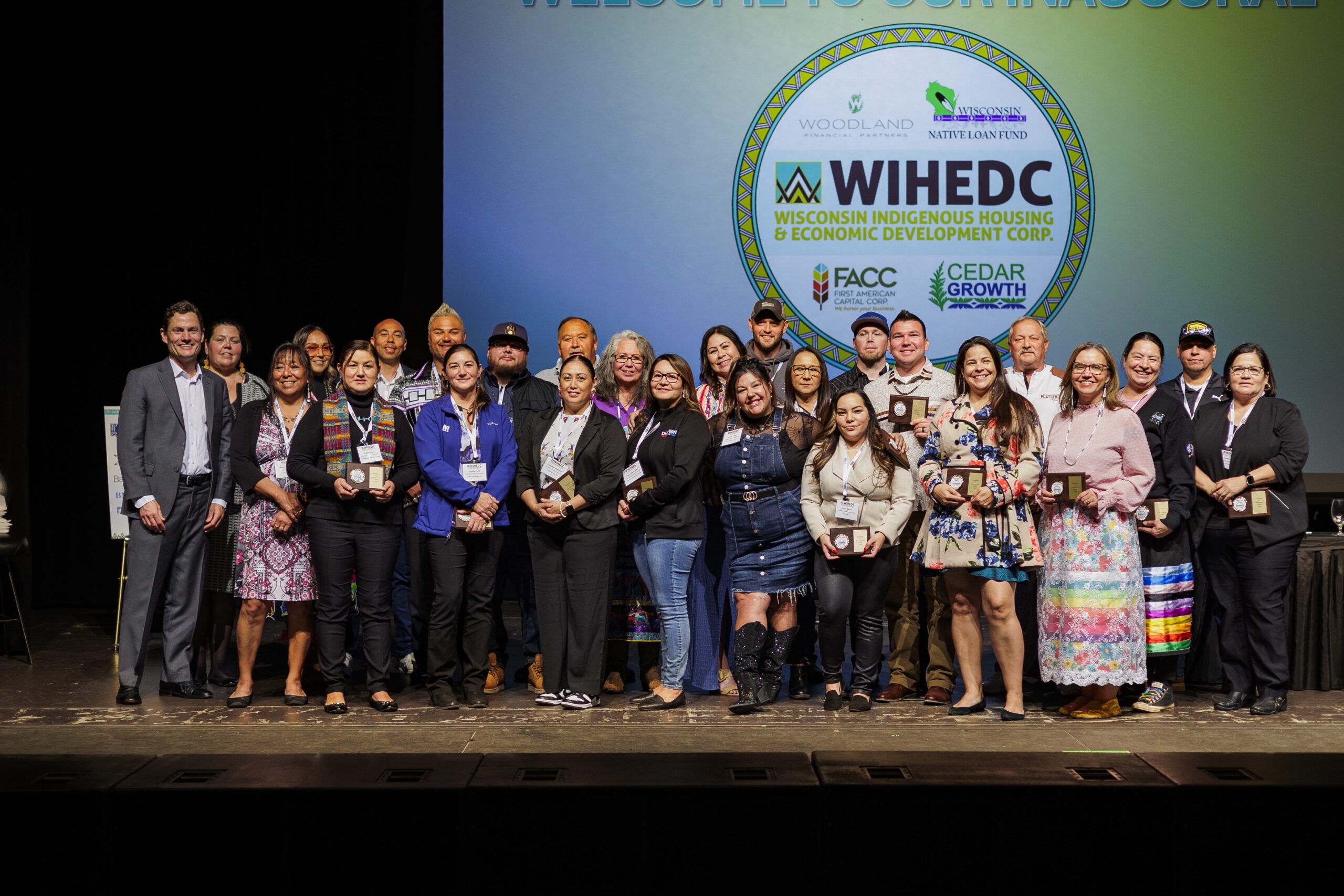
Key partners make this work possible
Orie said her group’s work is possible thanks to support from the Wisconsin Department of Administration and the Wisconsin Economic Development Corporation.
David “Waabigekek” Fleming Sr. is the tribal liaison for the state’s economic development corporation and a member of the Lac Courte Oreilles Band of Lake Superior Ojibwe. He attended the conference and sat on a panel about tribal business development.
He told “Wisconsin Today” that supporting and attending the conference is part of a larger effort by the state’s economic development corporation to help provide Indigenous communities with key components of business development, such as technical assistance and access to grants or loans.
“Those are two critical components in economic development,” Fleming said. “Historically, those services were extremely difficult to find in tribal communities and for tribal members.”
The state’s economic development corporation provided Orie’s group with a grant that awarded 22 Native-owned businesses $5,000 each during the conference.
Stephanie Taylor is the owner of Styled by Stephanie, which creates strategic business plans, and a member of the Oneida Nation of Wisconsin. Taylor was one of the recipients of a Small Business Grant Award. She said the money will help her business take off by allowing her to invest in digital tools.
“This is what’s going to help take me to the next level,” Taylor said. “(For) the last year and a half, I’ve been building. I’ve been putting in work, establishing these relationships, getting all my ducks in a line. Now I feel like I can launch everything really hard.”
